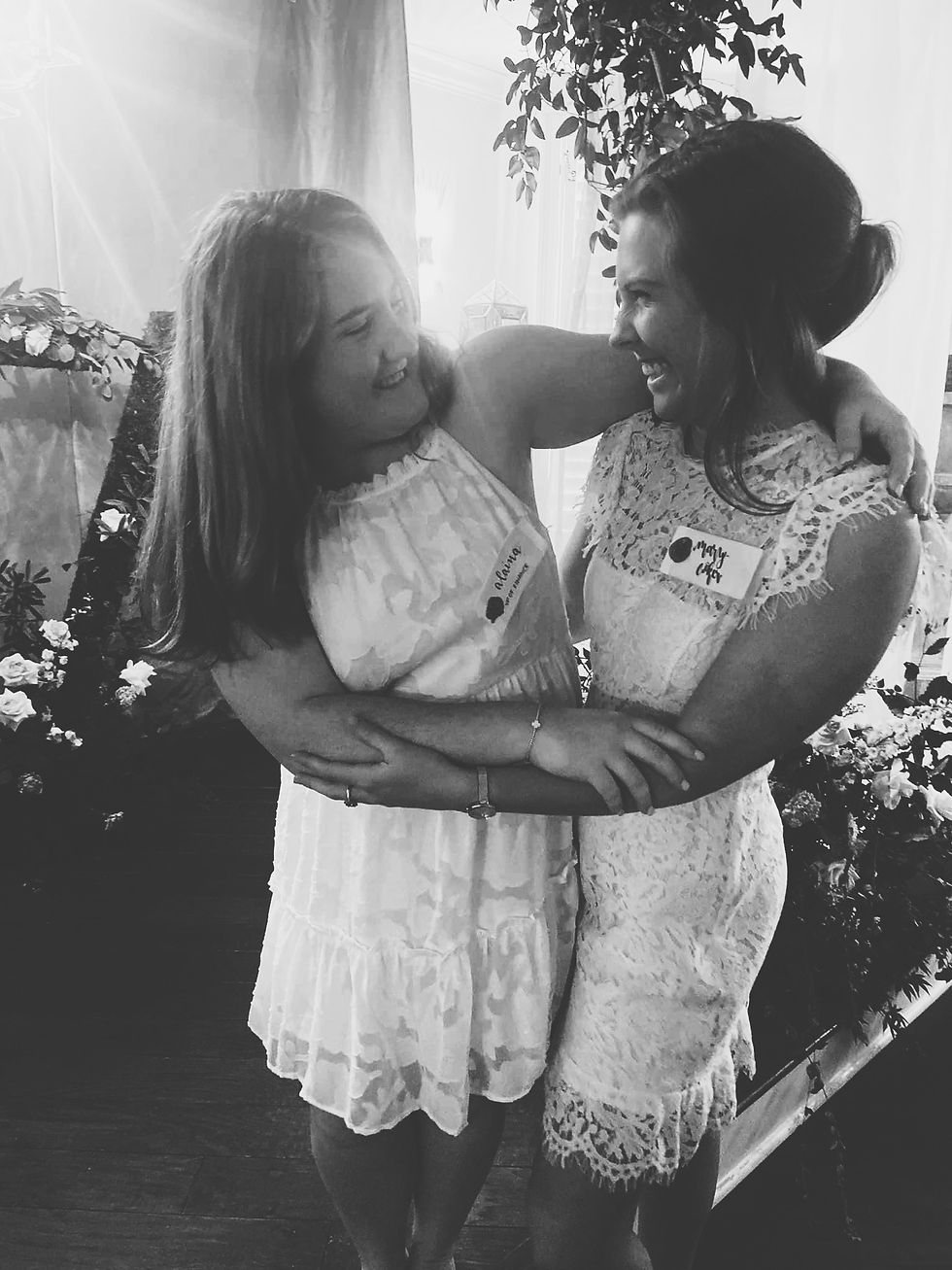5 questions to ask when walking alongside someone whose experienced trauma...
- Mary-Coker Green
- Oct 3, 2023
- 3 min read
If you're new to meeting me, the random shift to trauma may be confusing so here's the shortest version of my story ever....
at 17 I was in a head-on collision car accident. The man who veered into my lane died. I shouldn't be alive. Some days it's still really hard.
Now let's chat trauma! something I'm still learning about and want to pull you in on my journey.
Question 1: What's your story?
This is the best question to ask anyone. Ever. It acknowledges that everyone has a story and it's a story worth sharing. This question gives them freedom to share as much or as little as they desire. It's more personal than who are you, because most people answer that question with nothing more than their name, hometown and major and in this neck of the woods, we like deeper relationships than that.
Question 2: ...And then what happened?
When communicating with someone who has experienced a traumatic event, active listening is important. Unless you're really narcissistic, no one wants to spend an entire conversation telling you all of the awful horrible things that have happened to them. Asking questions along these lines lets them know that you desire to hear what they have to say and you're genuinely curious about the story the Lord has placed in their life.
Question 3: What does this look like in your life right now?
Something I'm presently struggling with on my trauma journey is this idea that "I should be fine by now". When a traumatic event happens, even if you're totally fine 15 years later, there are still reminders that it's a part of your life story. You may still think about it when you drive past the scene, you may still flinch when you hear a name like his, you may still go back to that place when you smell something similar. You don't have to be in a state of panic for it to still impact you for the rest of your life. Asking someone this question helps them remember that, and assess where they are in their story presently. When approaching a deep, intentional friendship with someone whose experienced trauma, this is an important thing to know about them.
Question 4: Does anything still make you uncomfortable?
Don't take me or anything I say the wrong way, I'm not afraid of some "rub some dirt on it" conversations. Life is not sensory-friendly and we don't need to act like it is. But after you've learned a deep(er) piece of someones story, you don't want to feel like you're walking on egg shells anytime you mention something that could cause a trigger. So call it out. Discover if certain movies aren't wise for them to watch or if certain topics are hard for them to talk about so you can avoid any hurt from their side and awkwardness on yours!
Question 5: how can I walk alongside you?
Can I even answer this question? No. Absolutely not. As much as I love to walk alongside people, letting someone walk alongside me is difficult. BUT, for a friend to ask this question helps me know it's something they desire. It makes the person you're talking to feel seen, heard, and not like a burden for "having something wrong with them", which is how it may feel in their head. Your willingness to be their friend is enough encouragement to last them a lifetime.
I want to walk on this journey with you and so does your friend who has experienced trauma.

Here to grow with you...
Your friend,
Mary-Coker



Comments